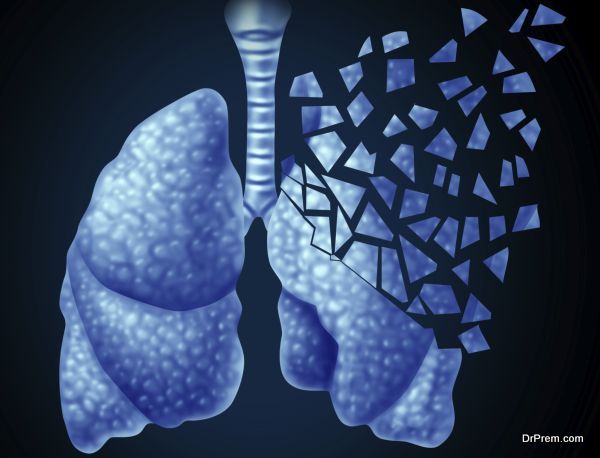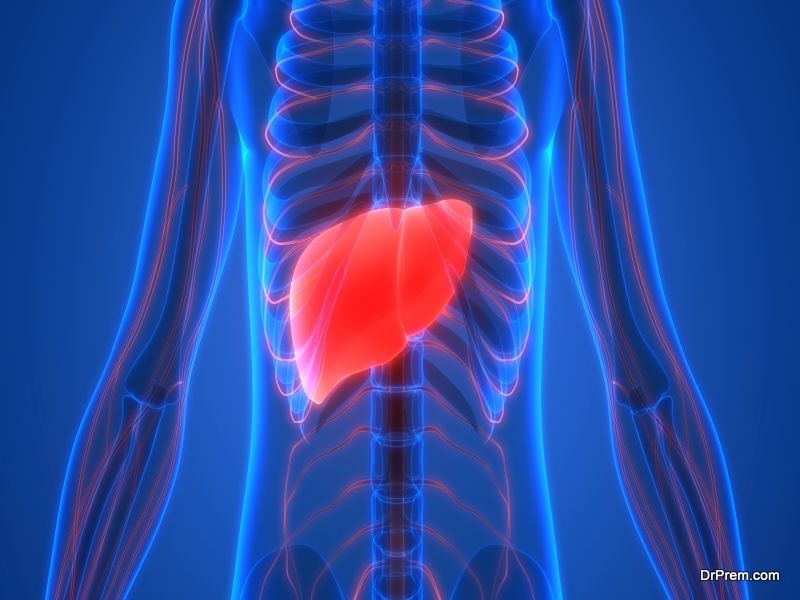Nearly 21 million Americans struggle with an addiction to drugs or alcohol. But addictive behavior extends far behind substance abuse. People are addicted to many different things including sex, gambling, shopping, and even reckless behavior. While everyone is at risk of developing an addiction at one time or another, certain people are predisposed to addiction. Meaning something inside their body and brain makes them more susceptible to developing addictive behaviors. This article details what causes addictive behavior and its effects on your physical and mental health.
What is Addiction?
 To fully understand how someone becomes addicted to a specific substance or behavior, it’s important to first understand what addiction is and what causes it. Addiction is a biological process that involves the reward and pleasure centers of the brain. Substance abuse and other risky or pleasurable experiences stimulate the reward centers of the brain. This releases a feel-good chemical known as dopamine. When your body recognizes these triggers as a way to achieve pleasure, it craves them.
To fully understand how someone becomes addicted to a specific substance or behavior, it’s important to first understand what addiction is and what causes it. Addiction is a biological process that involves the reward and pleasure centers of the brain. Substance abuse and other risky or pleasurable experiences stimulate the reward centers of the brain. This releases a feel-good chemical known as dopamine. When your body recognizes these triggers as a way to achieve pleasure, it craves them.
The problem is, in time, you need larger quantities to create that same feeling of pleasure. This is common among drug addicts and alcohol abusers. The same amount of alcohol or drug of choice doesn’t achieve the same “high”, so users ingest more and more.
This addictive behavior also interrupts the body and brain’s normal response to pleasure. Because your body is receiving pleasure from an external source, it stops producing as much natural dopamine. This is a dangerous and slippery slope for addicts.
Now, their body requires the outside trigger to feel pleasure. Drugs and alcohol, especially, deliver dopamine to the brain much faster and more efficiently than natural pleasures, making it more appealing to users. In many cases, alcohol addiction detox or admittance into a rehab facility is required.
Patterns of Addictive Behavior
If you or someone you know is developing addictive behavior, there are obvious warning signs. Here are just a few.
1. Inability to Quit

One of the most obvious signs of an addict is someone who’s tried to stop their addictive behavior on several occasions to no avail. Often times, an addict will stop taking a substance or acting out for a short period of time, but eventually fall back into bad habits. This is especially true when addicts don’t change their environment and continue spending time around negative influences.
2. Loss of Control and Judgment
Loss of control is when an addict continues their addictive behavior despite making a proclamation to stop. If an addict acknowledges they have a problem and vows to change their behavior but don’t, they’ve lost control of the situation. Their addiction is no longer manageable and they most likely need outside intervention to stop. Drugs and alcohol interfere with your brain’s ability to make decisions and use good judgment. But addicts often act out in poor judgment even without a chemical imbalance. They become reckless with their life, safety, and health. They continue negative behaviors despite warning signs that their behavior is dangerous.
3. Continued Use despite Lack of Pleasure
 Being an addict quickly becomes a lifestyle. And one that seems impossible to break from. Over time, most addictive behaviors are no longer pleasurable. The drugs or alcohol no longer have the same effect. People who gamble lose thousands of dollars but continue to go to the casino or play online betting games. Sex addicts destroy relationships and run the risk of contracting sexually transmitted diseases. True addicts continue engaging in these behaviors despite the fact that the pleasure which first got them addicted is no longer present.
Being an addict quickly becomes a lifestyle. And one that seems impossible to break from. Over time, most addictive behaviors are no longer pleasurable. The drugs or alcohol no longer have the same effect. People who gamble lose thousands of dollars but continue to go to the casino or play online betting games. Sex addicts destroy relationships and run the risk of contracting sexually transmitted diseases. True addicts continue engaging in these behaviors despite the fact that the pleasure which first got them addicted is no longer present.
4. Risky Behavior
Risky behavior is another sign you’re addicted to something. This is common among adrenaline junkies, or people addicted to danger. Some people get “high” off engaging in dangerous or reckless behavior including performing death-defying stunts. Other risky behavior exhibited by addicts include stealing money or property to buy drugs or alcohol or visiting dangerous neighborhoods to buy substances. Selling drugs or selling your body are some other risky behaviors many addicts engage in. Your inability to stop doing things you know are wrong, dangerous, or illegal, is a sure sign your addiction has taken over your life.
5. Genetic Disposition
 Some people are genetically disposed to addiction. That means that two people can try the same drug, the same number of times but the individual with a genetic disposition to addiction may fall victim to it whereas the other person can easily stop at experimentation with little effort. If you know that addiction runs in your family, you need to be extra cautious and diligent about avoiding addictive behaviors and substances.
Some people are genetically disposed to addiction. That means that two people can try the same drug, the same number of times but the individual with a genetic disposition to addiction may fall victim to it whereas the other person can easily stop at experimentation with little effort. If you know that addiction runs in your family, you need to be extra cautious and diligent about avoiding addictive behaviors and substances.
How Addiction Affects Your Health
Addiction affects all aspects of a person’s life, from their mentality and personal relationships to physical health and wellness. Here are a few ways addiction impacts your physical well being.
1. Lung Damage
 Lung damage effects drug abusers who smoke substances like marijuana, heroin, and methamphetamines. It’s no secret that smoking any substance, including tobacco and vaping e-liquids, long term can cause lung damage and increase a person’s risk of developing cancer.
Lung damage effects drug abusers who smoke substances like marijuana, heroin, and methamphetamines. It’s no secret that smoking any substance, including tobacco and vaping e-liquids, long term can cause lung damage and increase a person’s risk of developing cancer.
2. Heart Disease
When people take stimulants, such as cocaine, it can negatively affect the heart. It causes spikes in blood pressure, heart rate, and can lead to complete heart failure.
3. Liver Failure
 Alcoholism is synonymous with liver disease. The liver is responsible for breaking down and filtering damaged and dead blood cells in the body. When your body struggles to break down alcohol, it causes inflammation and scarring. Alcoholics aren’t the only addicts at risk of liver failure and disease. Prescription drugs can cause liver damage as well.
Alcoholism is synonymous with liver disease. The liver is responsible for breaking down and filtering damaged and dead blood cells in the body. When your body struggles to break down alcohol, it causes inflammation and scarring. Alcoholics aren’t the only addicts at risk of liver failure and disease. Prescription drugs can cause liver damage as well.
4. Kidney Failure
Kidney is another organ responsible for filtering the blood and breaking down waste. The kidneys also retain and release fluids. Long-term drug use makes it nearly impossible for the kidneys to function properly, causing complete kidney failure in some people.
5. Anxiety/Depression
 Being an addict is extremely stressful, but just on your body but your mind as well. Many addicts suffer from varying degrees of anxiety or depression. Addicts become anxious when they can’t engage in addictive behavior and also fear being caught. Depression sets in when addicts become isolated, damage relationships, and lose money or other valuables.
Being an addict is extremely stressful, but just on your body but your mind as well. Many addicts suffer from varying degrees of anxiety or depression. Addicts become anxious when they can’t engage in addictive behavior and also fear being caught. Depression sets in when addicts become isolated, damage relationships, and lose money or other valuables.
Recognizing addictive behaviors allows individuals to get help before the problem progresses. If you are experiencing these symptoms or know someone who is, you need to act fast. Early intervention can help save a life.
Article Submitted By Community Writer




